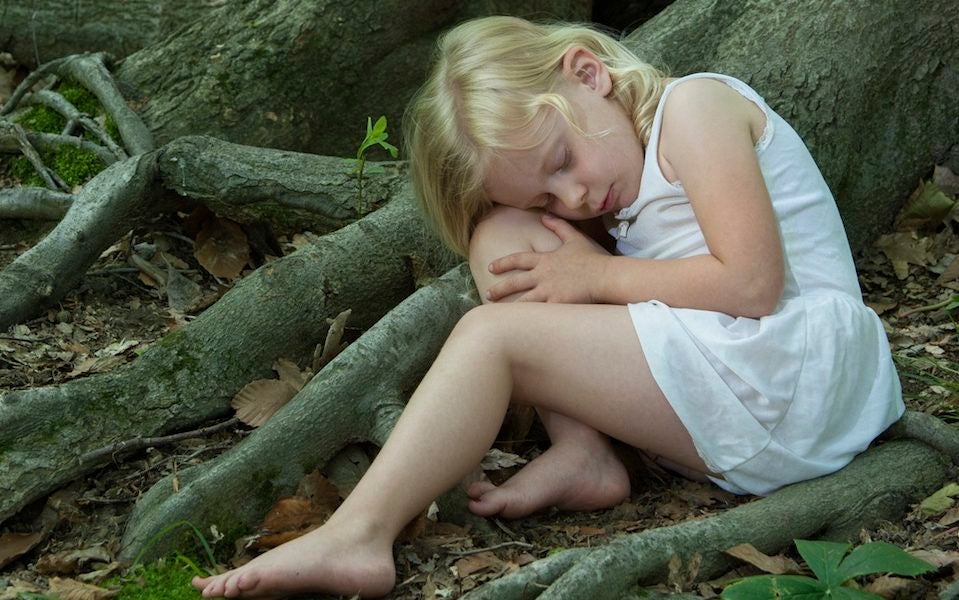
On September 22, 1928, two days before Yom Kippur, four-year-old Barbara Griffiths stepped outside her home in Massena, New York and didn’t return. A search party was formed—which included several Ku Klux Klan members—and rumors began spreading that the town’s Jews kidnapped and ritually murdered her.
The blood libel accusation—that Jews bake the blood of non-Jewish babies into matzah, among other fabricated rituals—was not new. Not even in the United States, which had seen its first known blood libel arise from an Irish immigrant community in New York City in 1850.
The police and the Canadian border town’s mayor interrogated the rabbi of the Jewish community, Berel Brennglass, who admonished them for believing such conspiracies. When the girl turned up the next day, unharmed, the rumors were definitively put to rest: Turns out she’d gotten lost and fallen asleep in the woods.
After leading the Kol Nidre prayer that night, Rabbi Brennglass called on his community to stand up as Jews and Americans against anti-Semitism. The story drew national attention and the mayor and state police apologized. These days, Massena, New York publicly wrestles with the legacy of this disturbing affair.
JTA has documented Jewish history in real-time for over a century. Keep our journalism strong by joining us in supporting independent, award-winning reporting.





